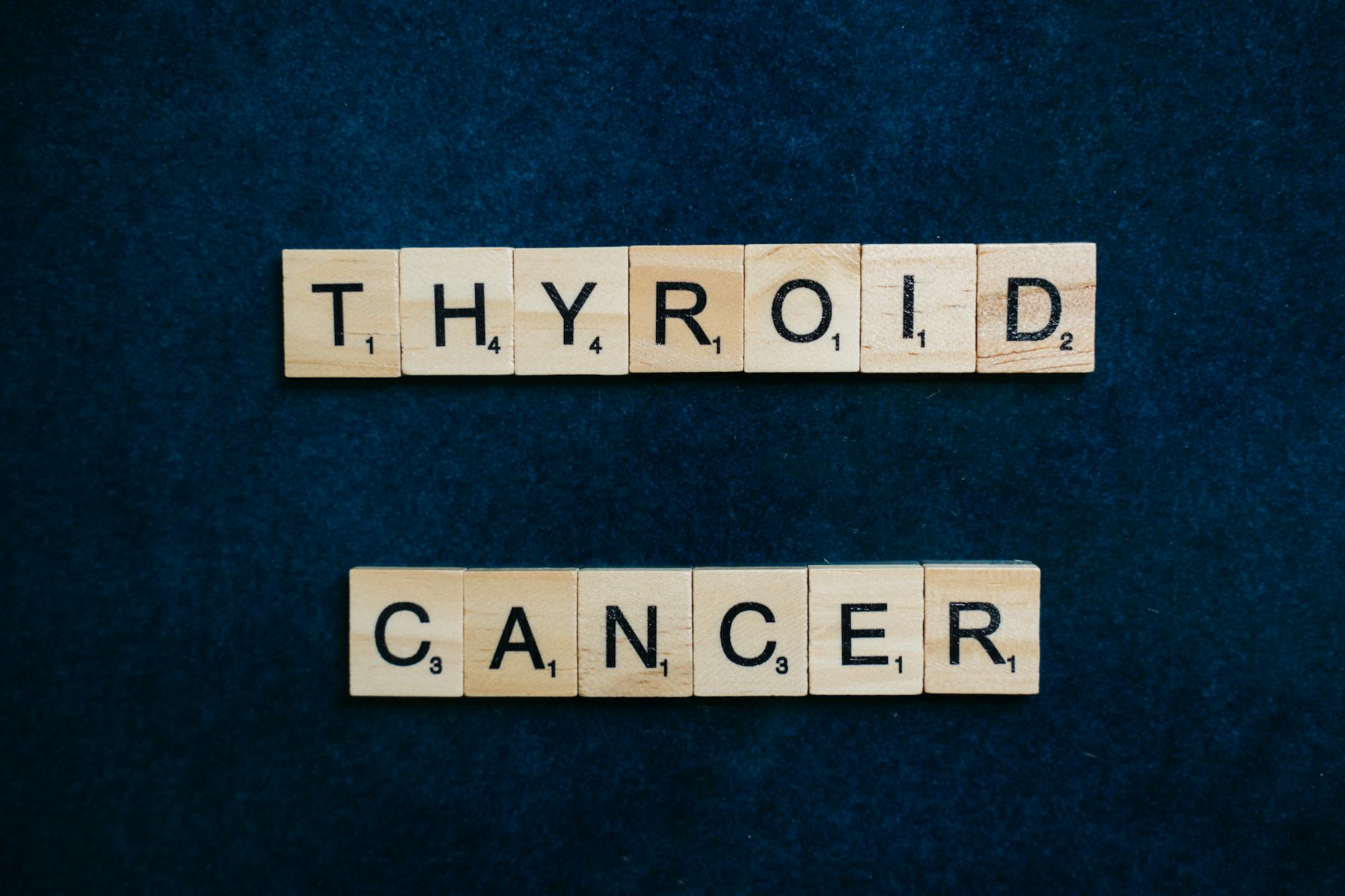Uncover the hidden dangers lurking within Graves’ Disease and explore the mysteries behind this complex medical condition. Don’t miss out!
Table of Contents
Graves’ Disease is a complex and often misunderstood condition that affects the thyroid gland. It is characterized by the overproduction of thyroid hormones, leading to a range of symptoms that can have a significant impact on a person’s health and well-being. In this comprehensive guide, we will delve into the intricacies of Graves’ Disease, exploring its causes, symptoms, diagnosis, and treatment options.
Causes of Graves’ Disease
Graves’ Disease is an autoimmune disorder, which means that the immune system mistakenly attacks the body’s own tissues. In the case of Graves’ Disease, this autoimmune response targets the thyroid gland, leading to the production of excess thyroid hormones. While the exact cause of this autoimmune response is not fully understood, it is believed to be a combination of genetic predisposition and environmental factors.
Symptoms of Graves’ Disease
The symptoms of Graves’ Disease can vary widely from person to person, but common signs include weight loss, rapid heartbeat, tremors, anxiety, fatigue, and heat intolerance. Additionally, individuals with Graves’ Disease may experience bulging eyes, a condition known as exophthalmos, due to swelling of the tissues behind the eyes. These symptoms can have a profound impact on an individual’s quality of life, affecting their physical, emotional, and mental well-being.
Diagnosis of Graves’ Disease
Diagnosing Graves’ Disease typically involves a combination of physical examination, blood tests to evaluate thyroid hormone levels, and imaging studies such as a thyroid scan or ultrasound. The presence of specific antibodies in the blood, such as thyroid-stimulating immunoglobulin (TSI), can also help confirm a diagnosis of Graves’ Disease. It is important to consult with a healthcare professional if you are experiencing symptoms that may indicate thyroid dysfunction.
Treatment Options for Graves’ Disease
The treatment of Graves’ Disease aims to reduce the production of thyroid hormones and alleviate symptoms. Common treatment options include antithyroid medications, radioactive iodine therapy, and thyroid surgery. Each treatment approach has its own benefits and risks, and the choice of treatment will depend on individual factors such as the severity of symptoms, age, and overall health. Regular monitoring and follow-up care are essential to ensure optimal management of Graves’ Disease.
| Grave(s) Danger: Unraveling the Mystery of Graves’ Disease | |
|---|---|
| Introduction | Graves’ Disease is an autoimmune disorder that leads to overactivity of the thyroid gland, resulting in hyperthyroidism. It is the most common cause of hyperthyroidism, affecting millions of people worldwide. |
| Cause | Graves’ Disease is caused by a malfunction in the immune system, where antibodies mistakenly attack the thyroid gland, leading to an increase in the production of thyroid hormones. |
| Symptoms | Common symptoms of Graves’ Disease include weight loss, rapid heartbeat, heat intolerance, tremors, and bulging eyes (known as exophthalmos). |
| Diagnosis | Diagnosis of Graves’ Disease involves blood tests to measure levels of thyroid hormones and antibodies, as well as imaging tests like ultrasound or radioactive iodine uptake scan. |
| Treatment | Treatment options for Graves’ Disease include medication to regulate thyroid hormones, radioactive iodine therapy to destroy part of the thyroid gland, or surgery to remove the thyroid gland. |
Living with Graves’ Disease
Living with Graves’ Disease can present challenges, but with proper management and support, individuals can lead fulfilling lives. Making lifestyle modifications such as maintaining a healthy diet, managing stress, and getting regular exercise can help manage symptoms and improve overall well-being. It is also important to stay informed about the condition, work closely with healthcare providers, and seek support from friends, family, and support groups.
Conclusion
Graves’ Disease is a serious condition that requires careful management and monitoring. By understanding its causes, symptoms, diagnosis, and treatment options, individuals with Graves’ Disease can take proactive steps to manage the condition effectively and improve their quality of life. If you suspect you have symptoms of Graves’ Disease, consult with a healthcare professional for proper evaluation and guidance.
FAQs
Is Graves’ Disease hereditary?
While Graves’ Disease does have a genetic component, it is not directly hereditary. Having a family history of autoimmune disorders or thyroid conditions can increase the likelihood of developing Graves’ Disease, but it is not guaranteed.
Can Graves’ Disease be cured?
Graves’ Disease cannot be cured, but it can be effectively managed with proper treatment and monitoring. By working closely with healthcare providers, individuals with Graves’ Disease can control symptoms and maintain a good quality of life.
What are the long-term complications of Graves’ Disease?
Untreated or poorly managed Graves’ Disease can lead to serious complications such as heart problems, osteoporosis, eye problems, and thyroid storm (severe hyperthyroidism). Regular monitoring and appropriate treatment can help prevent these complications.
Can Graves’ Disease cause weight gain?
Contrary to common belief, Graves’ Disease typically causes weight loss rather than weight gain. The increased metabolism associated with hyperthyroidism often leads to unintentional weight loss despite increased appetite.





